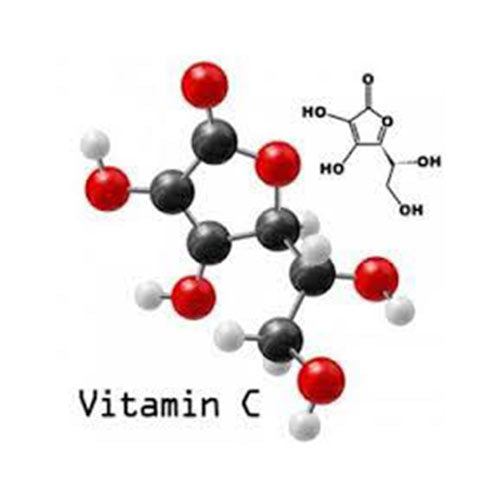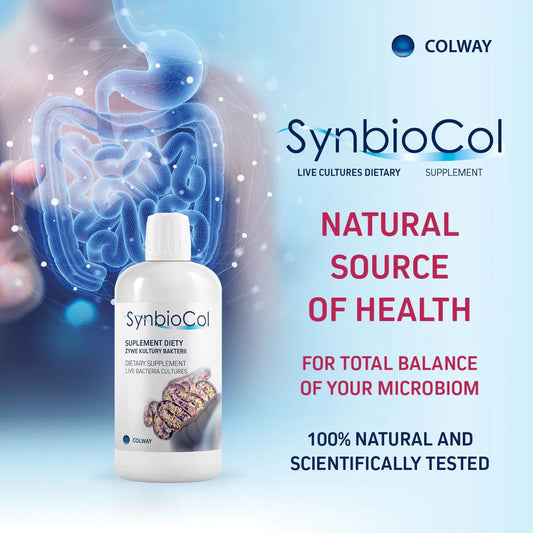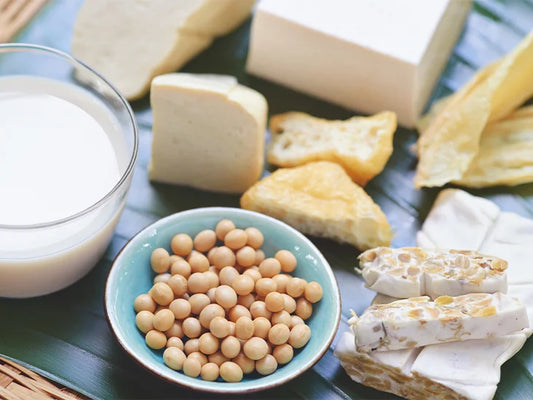Vitamin C Levorotatory
Vitamin C is a cofactor in at least eight enzymatic reactions, including several collagen synthesis reactions that, when dysfunctional, cause the most severe symptoms of scurvy. It is especially important in the process of hydroxylation of proline and lysine - two amino acids present in the collagen molecule
Hydroxylation allows the collagen molecule to assume its triple helix structure, and thus vitamin C is essential to the development and maintenance of scar tissue, blood vessels, cartilage and the condition of our skin.
Most animals can produce their own vitamin C, but humans have lost this ability. The human body does not produce vitamin C in the liver. There is an increased demand for vitamin C supplements as we cannot always effectively ensure a regular vitamin C intake.
Vitamin C comes in three forms; levorotatory, dextrorotatory and racemic. Levorotatory vitamin C has the highest bioavailability - absorption in the human body - and is the most beneficial. The L- vitamin C is the only one that is affective. The dextrorotatory form, the common one, is nearly useless>
ACTION
- Promotes collagen synthesis for skin regeneration.
- Supports the immune system.
- Fades pigmentation spots.
- Stimulates the production of white blood cells.
- Stimulates the hepatic system (liver), responsible for detoxifying the blood and eliminate some toxic and synthetic drugs.
- Reduces appetite.
- Helps protect cells.
- Allows better absorption of iron.
- Seals the blood vessels. Accelerates wounds and injuries healing and reduces scarring.













